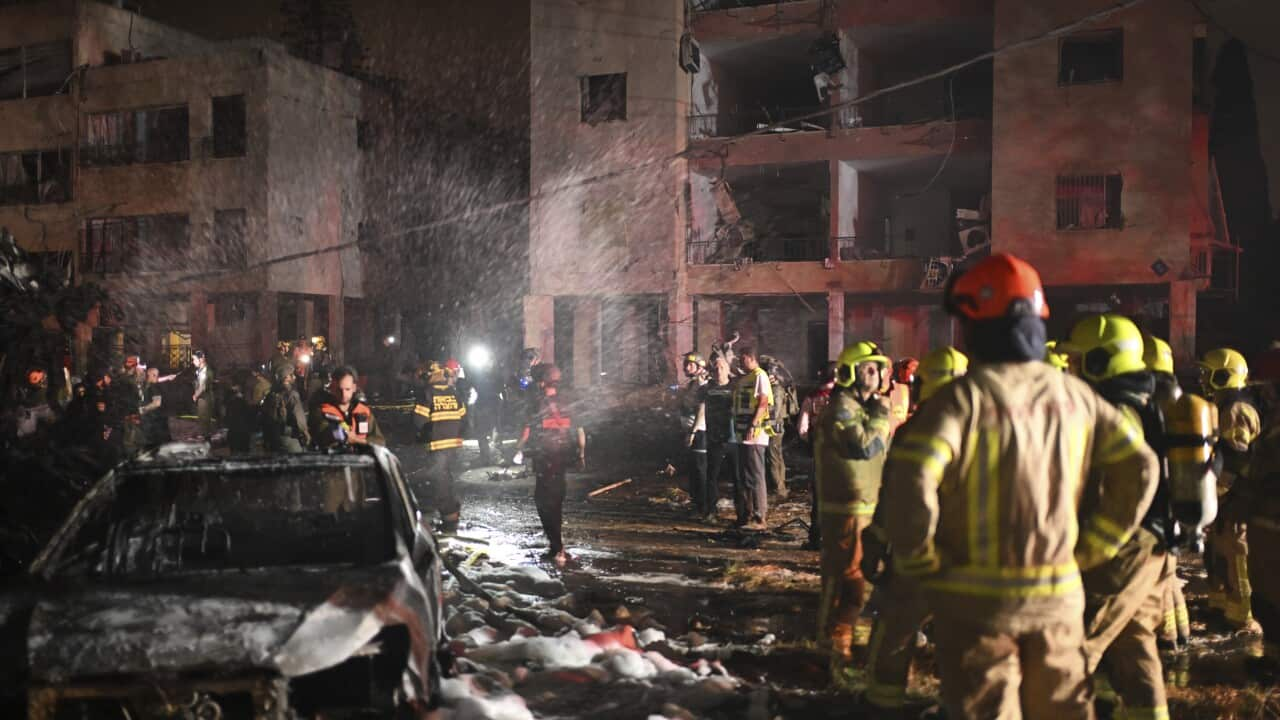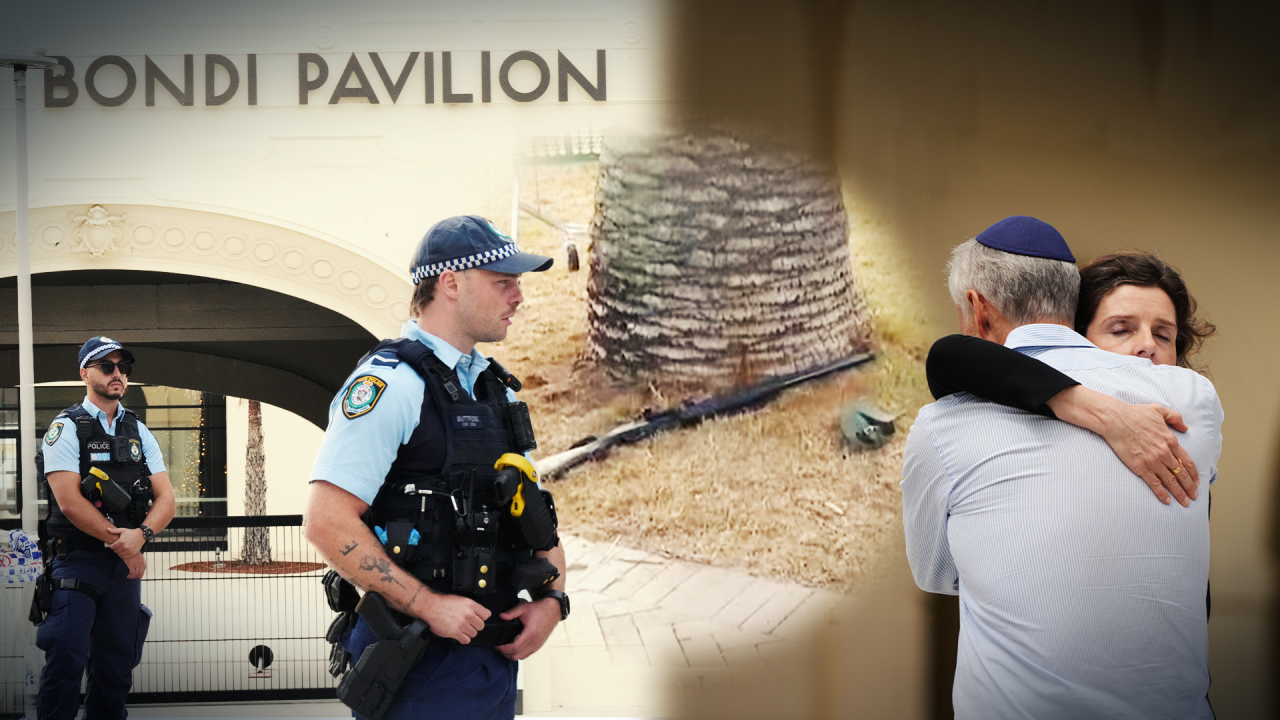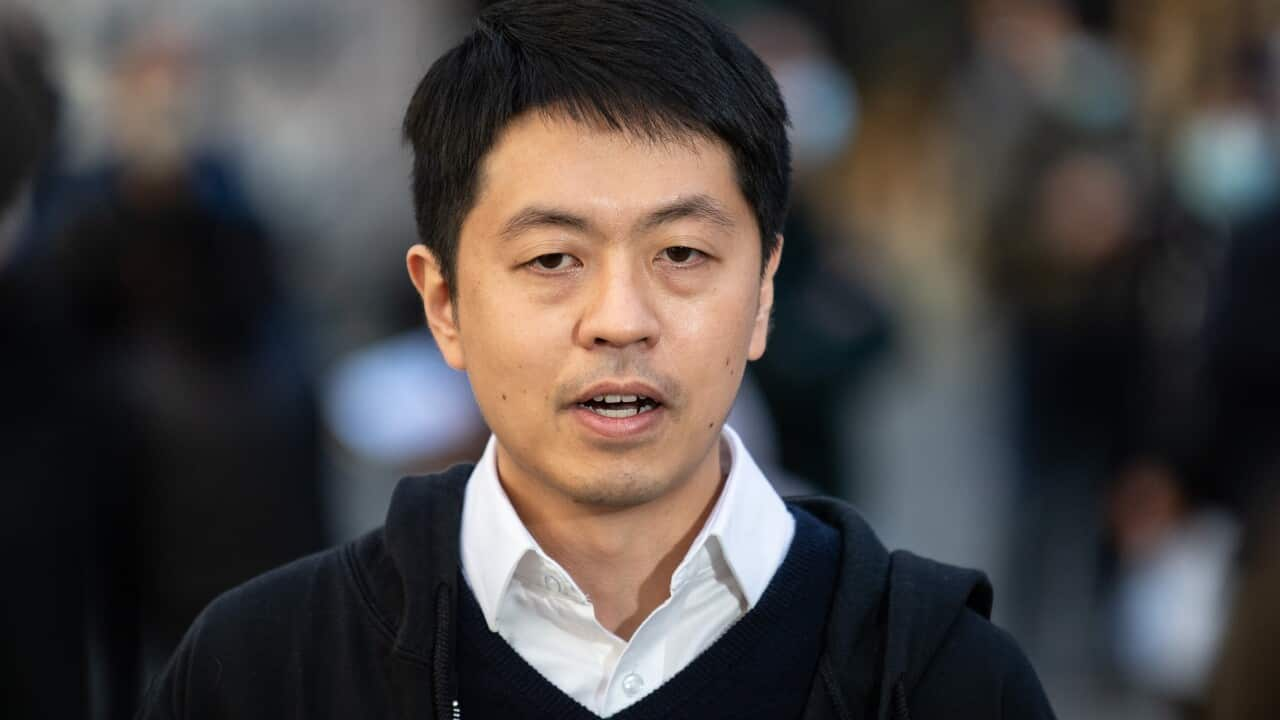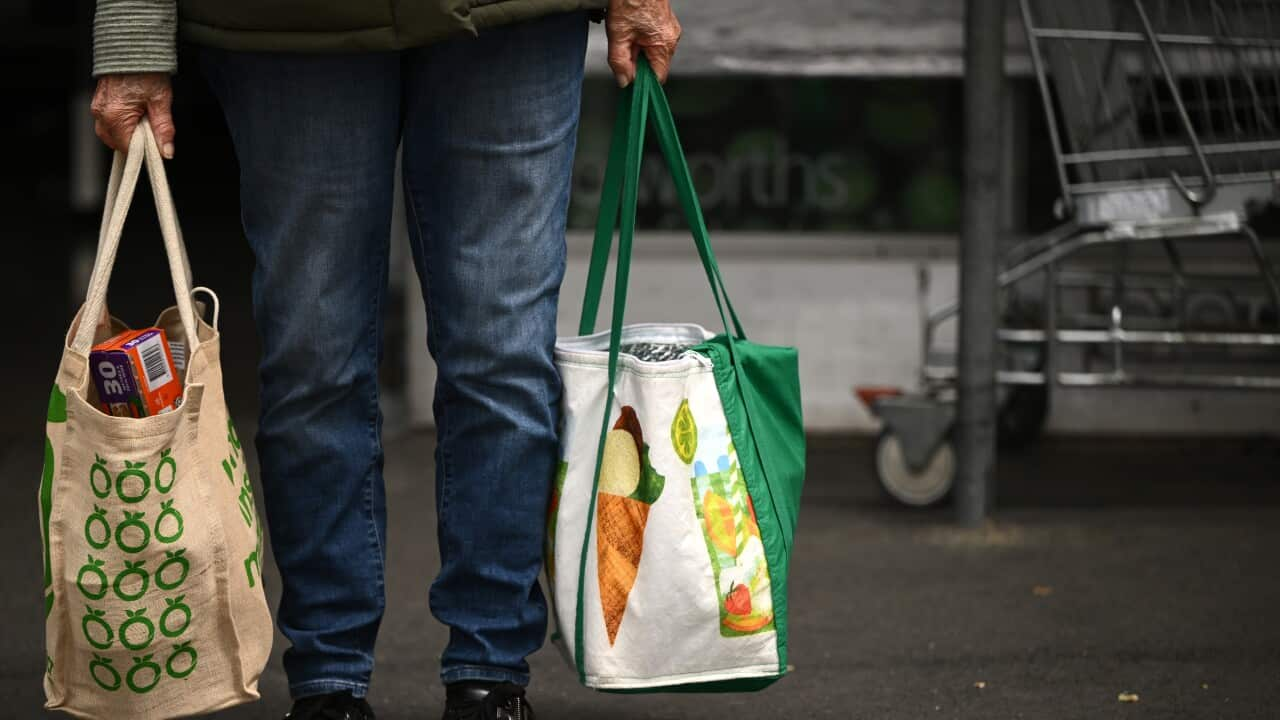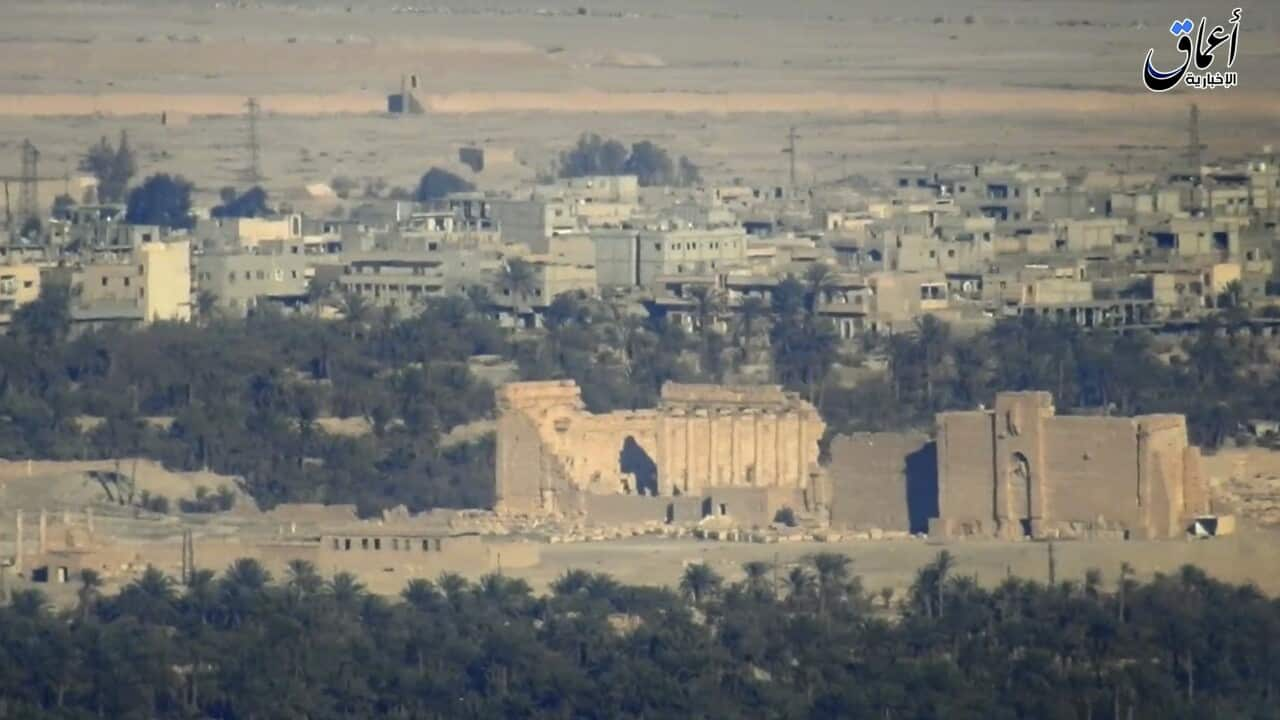Australian politicians are calling for a step away from violence between Israel and Iran, following an exchange of missile fire that killed hundreds at the weekend.
SBS News understands foreign minister Penny Wong had a phone call with her Israeli counterpart Gideron Sa’ar, where she urged de-escalation and restraint, as well as a return to dialogue and diplomacy.
Israel and Iran began trading missile blows on Friday after the Israeli military launched an attacks with the stated aim of wiping out Iran’s nuclear and ballistic missile programs.
Iran vowed to “open the gates of hell” in retaliation.
Labor frontbencher Amanda Rishworth described the escalation as “alarming”.
“Israel has a right to defend itself, but we would be urging all parties for dialogue and de-escalation,” she told the Today Show on Monday morning.
“The consequences will be significant if it spills over into a wider conflict. Of course, the personal consequences are really significant. Obviously, there’s a lot of concern for Australians, both in Israel and Iran”.
She flagged that the advice for Australians in the region is to shelter in place and use Smartraveller for updates from the government.
The onslaught continued into Sunday and Iran’s health ministry said 224 people had been killed since Friday.
Spokesman Hossein Kermanpour said on social media that 1,277 other people were hospitalised, and asserted that more than 90 per cent of the casualties were civilians.
Liberal MP Andrew Bragg said the Iranian regime is made up of “seriously bad people”.
“If we were in Israel’s shoes, we would not tolerate a country nearby us getting a nuclear weapon,” he told the Today Show on Monday morning.
“And so I think Israel is trying to stop that from happening – that’s a good thing for humanity, because these guys are the worst regime anywhere on the planet.
“They should never be given the opportunity to have a nuclear weapon.”
Does Iran have nuclear weapons?
Western powers accuse Iran of secretly aiming to develop nuclear weapons by enriching uranium to a high level of fissile purity beyond what is deemed necessary for a civilian atomic energy program.
While Iran has been open about its stores of enriched uranium, it has consistently denied possessing nuclear weapons and insists its nuclear program is solely intended for civilian energy purposes.
The International Atomic Energy Agency estimates Iran’s stockpile of 60 per cent enriched uranium could be enough to produce approximately six nuclear bombs if further enriched to the final level.
In 2015, Iran reached an agreement with the US, United Kingdom, France, Germany, Russia, and China, known as the Joint Comprehensive Plan of Action (JCPOA).
Under the terms of the deal, Iran agreed to limit its nuclear ambitions and allow international inspectors access in exchange for the lifting of economic sanctions. The US later pulled out of the deal in 2018.
Iran subsequently violated some of the deal’s restrictions, progressively enriching more uranium for nuclear fuel.

